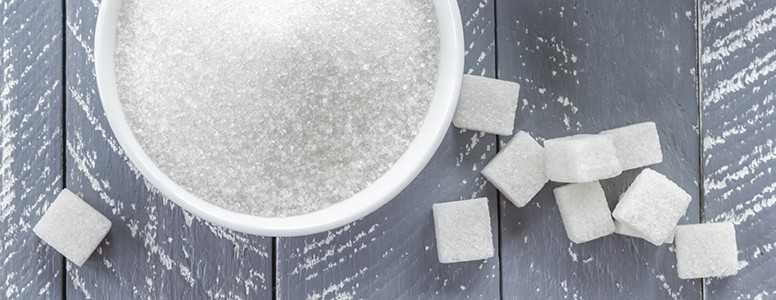The Scientific Advisory Committee on Nutrition (SACN) has advised that Britons should halve their recommended daily intake of sugar.
Earlier this week, a British Medical Association report led to the government being urged to introduce a 20 per cent tax on sugar. This is set to be reviewed by Public Health England at the end of the summer.
This new report from the SACN, published on Friday July 17, highlights that sugar accounts for 12 per cent of an average adult’s calories in the UK. This figure rose to 15 per cent for an average teenager.
The World Health Organisation recommends that adults and children reduce their daily intake of free sugars – those which are manufactured or present in products such as unsweetened fruit juices – to less than 10 per cent. They add that reduction to five per cent will see further health benefits.
The new recommendations mean that adults should eat no more than seven teaspoons of sugar a day (30g). Drinking a can of coke, which typically contains roughly nine teaspoons of sugar, would take you over this daily limit.
Excessive sugar consumption has been linked to obesity, which leads to a heightened risk of type 2 diabetes, while the SACN’s report also focused on the damage that sugar causes to teeth.
Highlighting the recent rise in hospital admissions through tooth decay among young children, their findings have been backed by the British Dental Association (BDA).
Mick Armstrong, chairman of the BDA, said: “The government now has the evidence and a clear duty to send the strongest possible signal to the food industry that while added sugar might be helping their sales, it is hurting their customers.”
Ian Macdonald, medical professor at Nottingham University and chair of the SACN, added: “The evidence is stark – too much sugar is harmful to health and we all need to cut back.
“The clear and consistent link between a high-sugar diet and conditions like obesity and type 2 diabetes is the wake-up call we need to rethink our diet.”
What's new on the forum? ⭐️
Get our free newsletters
Stay up to date with the latest news, research and breakthroughs.






